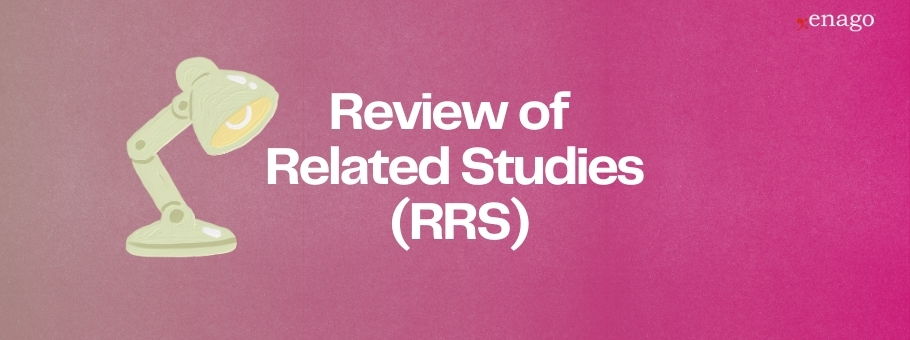Should a Peer Reviewer Be Paid?

Should a Peer Reviewer Choose Honor above Money?
The peer review process has always been considered to be a proud tradition in the academic community. Experienced and highly qualified academics and scientists take time away from their daily work to give back to their profession by reviewing the work of others that has been submitted for publication.
Peer reviewed or “refereed” journals are perceived as having a hallmark of quality since they have a respected mechanism in place to review all submission for errors prior to publication.
Having these highly promoted but anonymous gatekeepers in place adds a reassurance that the content in these journals can be trusted. The value of such work is hard to forecast, since the amount of work can vary from review to review, and each reviewer’s available time is different. But then, ballpark figures have been estimated for the academic journal publishing industry as a whole of about $3 billion annually!
The Compensation Question
When you brush past the platitudes of “They don’t do it for the money,” or “The work is its’ own reward,” journal editors will argue that their reviewers are being compensated, just not in cash:
- The opportunity to list the prestigious journal on your resume has, it is argued, an intrinsic value.
- Free subscriptions are referenced as “payment-in-kind,” but if your institution already has a subscription, is there any real value in a second one?
- Discounts on other publications, but these only have value if you were buying those other publications to begin with—otherwise you have to spend money to realize those discounts.
A Value Perception
It would seem that as long as there are peer reviewers willing to work for the personal fulfillment or perceived privilege of the role, there is no reason to rock the boat. Individual reviewers that express their frustrations over the lack of compensation are easy to ignore as long as there are more new reviewers in line waiting to take their places if their disgruntled colleagues choose to make it a question of principle.
However, the proud tradition of peer review is starting to suffer from this lack of perceived value. Online open access journal publishers now promote their peer reviews as only checking that the underlying methodology of the study is sound, leaving any further review to occur post-publication.
On the one hand, post-publication peer review can certainly be more engaging and collaborative, but the decision to limit the peer review seems to portray the formerly proud tradition as a menu with a selection of services that you can take or leave as you see fit.
A Blatant Lack of Justification
When a proud tradition is defended from criticism solely on the basis of its heritage that should be treated as a sign that the system is broken. Peer reviewers get paid for reviewing books and conference papers, so why should journals be any different?
Critics argue that payments to peer reviewers would simply be passed on in higher subscription fees or article processing charges, but all that does is perpetuate the low internal valuation of the service. I think journal readers would surprise editors with their willingness to support fair payment for professional work.
However, the journal editors might want to tread carefully before eager researchers stop to question how it is that journals don’t have to pay for submitted papers but still reserve the right to charge for access to those papers once they are published.










